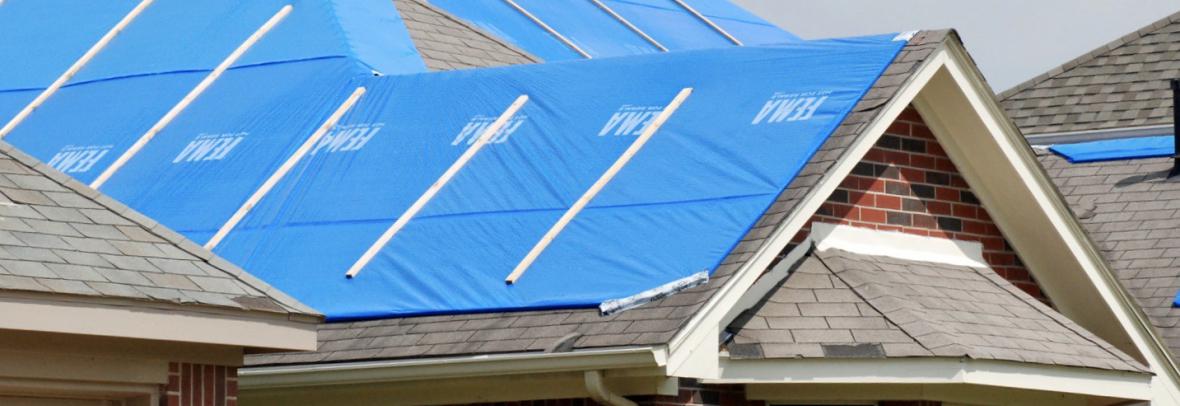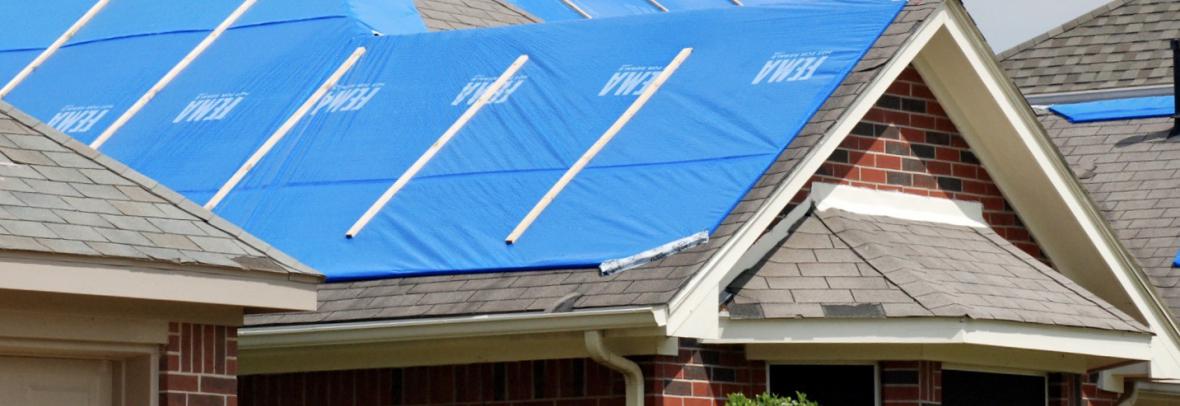
More Central Fla. homeowners are opting for the state-owned “insurer of last resort,” and people who considered it a S. Fla. issue are starting to ask questions.
ORLANDO, Fla. – State-run Citizens Property Insurance is sounding alarm bells over their rising number of policies it holds in Orange, Osceola, Seminole and Lake counties.
CEO Barry Gilway says Florida’s overall insurance market is “unhealthy” and has warned of higher premiums ahead for all Florida homeowners if the trend continues.
Question: What is Citizens Property Insurance?
Answer: Citizens was created by the Florida Legislature in 2002 as a not-for-profit government entity to insure the homes that private insurers wouldn’t cover. After 1992’s Hurricane Andrew bankrupted insurance companies and left many coastal homes without coverage, the state began working on a solution to covering catastrophically endangered properties, which eventually led to the creation of Florida’s “insurer of last resort.”
Question: Is Citizens state-subsidized?
Answer: Yes. While taxpayers don’t directly foot the bill for Citizens policies, Citizens has a 10% annual cap on rate increases to individual policies, which has kept prices lower than average. Private companies are capped by the state at 15%, but they can ask for and receive more. Last year, insurers were granted exemptions to hike rates by as much as 33.5%.
Citizens’ losses from a hurricane or other natural disaster can become a problem for all Florida homeowners. More on that later.
Question: Why is Central Florida getting all this attention?
Answer: “Historically in Florida, the riskier policies are considered to be on the coast,” said Citizens spokesperson Michael Peltier. Hence, growth in Citizens policies was usually treated as a major issue for coastal and South Florida counties.
In Orange, Osceola, Seminole and Lake counties in 2015, there was a total of 4,863 Citizens policies for all personal residential properties. Those numbers began rising in 2016, and those four counties have more than doubled their policy counts to more than 10,000.
Question: Why is this happening?
Answer: The largest reason for the exodus to Citizens is private insurers are leaving the area, Peltier says. “As companies try to shore up their books, they’re being more restrictive on the policies that they cover.”
One factor that has caused private insurers to pack up is the rising cost of reinsurance, which is when insurers underwrite other insurers to help ease some of the risks. After active hurricane seasons in the past five years, including last year’s record-breaking season, rates for reinsurance have been on the rise.
But the factor private insurance companies are complaining about most in Central Florida is a rise in lawsuits they say is caused by misuse of Assignment of Benefits (AOB) agreements.
Question: What is Assignment of Benefits?
Answer: Assignment of Benefits is an agreement where a homeowner gives a third party the right to file insurance claims and handle the payout. If something in a home is broken, a restoration company may ask for an AOB agreement so that they can submit the claim and be paid directly by the insurance company.
Question: How does this hurt the insurance companies?
Answer: After major hurricanes, public adjusters or restoration companies such as roofers would approach homeowners who had minimal, if any, damage and promise them a new roof if they would sign an AOB. Then the company would file a claim for damages. The insurance company would deny the claim, saying the damages weren’t caused by the storm or were related to the roof being old.
Then the claim would go to court. The problem for insurance companies is that if they lose, they wind up paying more than if they hadn’t gone to court. A report by Citizens found that a litigated water claim in 2020 cost on average $48,814, compared with $10,097 for a claim that stayed out of the courts.
While this used to be a problem mostly related to the coasts, insurance experts say this has become a major issue inland. Some public adjusters even advertise about approaching homeowners directly. At a Florida Senate committee on banking and insurance in January, Gilway produced a flyer from a company that read, “Your neighbors are getting new roofs. Have you gotten your new roof yet?”
This is particularly true in Central Florida counties that have seen a jump in litigation. Since 2016, Orange, Osceola, Seminole and Lake have seen a 580% increase in property claims that have gone to court, according to data from Citizens.
As litigation rates have risen, private insurers have stepped out of the market. “As the insurer of last resort, if people cannot find reliable coverage in the private market, most people are going to come back to Citizens,” Peltier said.
Question: Why is this a problem for people who don’t have Citizens?
Answer: If Citizens’ payouts for claims exceed the company’s funds, the company can add a surcharge on all Florida homeowner policies to recoup their losses.
After the 2004-2005 hurricane seasons, which saw damage from a combined eight storms, Citizens was left with a $1.7 billion shortfall. Beginning in 2007, Citizens issued a 10-year bond and levied a 1.4% assessment on all Florida property insurance policyholders. That assessment dropped to 1% in 2011 and ended in 2015.
As of September, Central Florida counties represented $1.5 billion in potential exposure for Citizens policies, according to Florida’s Office of Insurance Regulation
Citizens has a $6 billion surplus to cover catastrophes. “We’re in a strong position,” Peltier said. “We have enough to cover a 1-in-100 storm.”
But that number has eroded from a peak of $7.4 billion in 2016. “We had to dip into reserves in recent years to pay claims,” Peltier said.
Question: How has Citizens solved this problem in the past?
Answer: Citizens peaked in 2012 with 1.5 million policies. The company worked with private insurers to take on some of their customers, getting down to less than 420,000 policies in 2015, a number Peltier calls “a pretty good benchmark of those policyholders that a true residual market can handle.”
That program, referred to as the Depopulation or Take-Out Program, isn’t working this time. “Most of the policies that private insurers wanted have been taken out already,” Peltier said.
As of February, Citizens had a total of 545,000 policies in force statewide, a rise of 57,000 policies since the end of 2015. Orange, Osceola, Seminole and Lake represent nearly 9% of that change.
Question: Can’t they make changes to AOB?
Answer: They did. In 2019, the Legislature passed a couple of reforms to the AOB process, creating stricter rules for companies that file them and allowing homeowners to cancel the deal under particular circumstances.
Peltier said the reforms have been an improvement, but they haven’t stemmed the tide of litigation the way insurance companies were hoping.
Question: What solutions is the state proposing?
Answer: Senate President Wilton Simpson has proposed legislation that would eliminate multipliers, a special agreement in which an attorney can ask a judge on a complex case to multiply the award if he or she wins. Simpson thinks the change would reduce the number of attorneys willing to take on cases.
Simpson has also suggested looking at reducing the time to file a claim after a hurricane from three years to one.
Question: What do attorneys have to say about this?
Answer: Attorneys who regularly battle with insurance companies say these moves will make it harder for average people to get a claim paid. “You think there are a lot of denials now? Think about if people like me didn’t exist,” Mark Nation told the Orlando Sentinel. Nation also said that multipliers were “rarely asked for and rarely received.”
Question: What is Citizens doing?
Answer: Citizens’ Board of Governors in January approved a plan to charge new customers “actuarially sound rates,” essentially erasing the 10% rate-change cap for new policies. The plan must be approved by the Office of Insurance Regulation.
All of these solutions will have consequences on consumers, from rising rates to potential hurdles in litigating claims.
© 2021 The Orlando Sentinel (Orlando, Fla.), Distributed by Tribune Content Agency, LLC.
Go to Source
Author: kerrys



